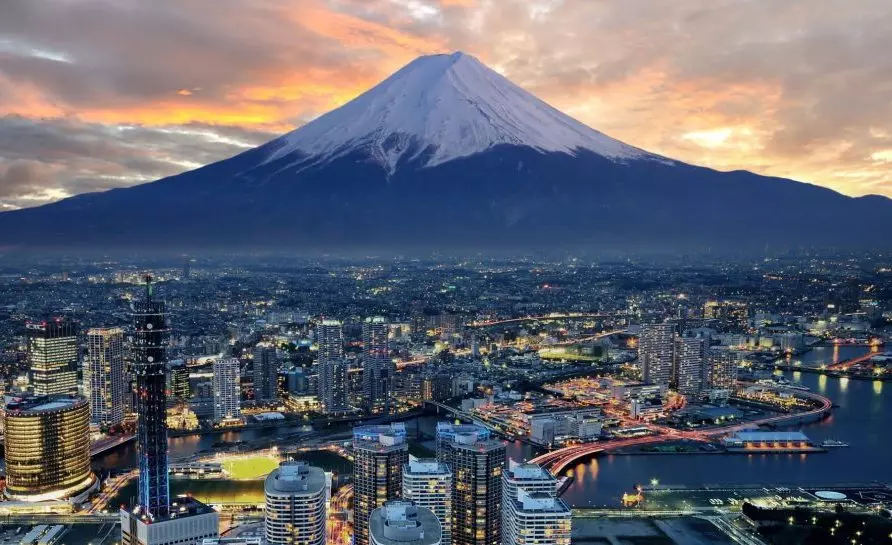 As a rule of thumb, the gambling industry in casino venues and betting shops always guarantees big revenue to any government. It is expected to bring lots of profit due to its entertaining characteristic and the fact that it is able to keep the player’s attention for an indefinite amount of time. If a country develops a prosperous gambling field this can lead to an inevitable growth in the number of tourists which visit the country on a daily basis and they will be attracted by the opportunities which the gaming sector can offer them.
As a rule of thumb, the gambling industry in casino venues and betting shops always guarantees big revenue to any government. It is expected to bring lots of profit due to its entertaining characteristic and the fact that it is able to keep the player’s attention for an indefinite amount of time. If a country develops a prosperous gambling field this can lead to an inevitable growth in the number of tourists which visit the country on a daily basis and they will be attracted by the opportunities which the gaming sector can offer them.
As with every business sector, gambling relies mainly on the people and meeting their expectations is what guarantees the longevity of the venture. A proliferating gambling industry is also able to attract big international investors which to pour money into the national economy and move forward the overall development of the country. Big names in the gaming sectors, such as Caesars Entertainment and Hard Rock International are sure to target any promising new market under development. The presence of such well-known names and brands in the gaming industry, in turn, is sure to attract people to them and this propels the development ahead.
Gambling in Japan Prior to 2016
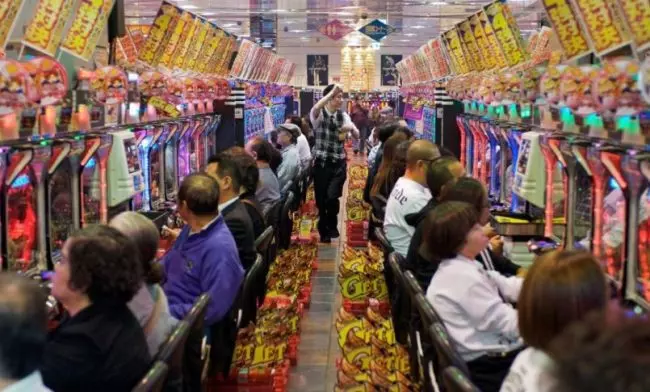 For the longest time, Japan was strongly opposing the gaming industry and its myriad different manifestations. For many years and up until the end of 2016 the only gambling-related activities which were allowed to the citizens of the country were gambling on horse races as well as betting on boats and bicycle racing. These were considered the safest forms of gaming and people had the freedom to practice them as often as possible. But nevertheless, it is still important to point out that just like every other form of gambling, they also have their addictive characteristics which can affect the players.
For the longest time, Japan was strongly opposing the gaming industry and its myriad different manifestations. For many years and up until the end of 2016 the only gambling-related activities which were allowed to the citizens of the country were gambling on horse races as well as betting on boats and bicycle racing. These were considered the safest forms of gaming and people had the freedom to practice them as often as possible. But nevertheless, it is still important to point out that just like every other form of gambling, they also have their addictive characteristics which can affect the players.
Another unique characteristic of the Japanese gambling field has always been the pinball-like game of Pachinko, and with its colorful gaming machines, it has attracted the attention of both locals and tourists. It is not an uncommon sight to see 20-30 people sitting next to each other in front of the aligned playing machines, playing and having the time of their life, away from the stress. However, the legality of the Pachinko games does not guarantee their harmless nature – there have been millions of cases of people experiencing serious addiction to the entertaining game which has the potential to keep them busy for hours on end and occasionally bring them profit. The prices are non-cash, but the players often end up exchanging them for money prizes on the premises of the Pachinko venue.
The Infamous Gambling Survey
 When the conversation about casino legalization first started, there was a well-distinguished opposition among the nation. According to a survey which was published by the public broadcaster NHK, only 12 percent of the people who took part in the research were supporting the idea of lifting the casino ban. More than 44 percent were maintaining their position against the legalization of casino venues and they were stating as arguments the harm which gambling could bring to people with addictive tendencies and how this will then, in turn, affect the community as a whole. It is a well-known fact that Japan already had a higher rate of gambling addiction than many other countries even before full-fledged casino industry existed.
When the conversation about casino legalization first started, there was a well-distinguished opposition among the nation. According to a survey which was published by the public broadcaster NHK, only 12 percent of the people who took part in the research were supporting the idea of lifting the casino ban. More than 44 percent were maintaining their position against the legalization of casino venues and they were stating as arguments the harm which gambling could bring to people with addictive tendencies and how this will then, in turn, affect the community as a whole. It is a well-known fact that Japan already had a higher rate of gambling addiction than many other countries even before full-fledged casino industry existed.
More than 15 years have passed since the discussion of the topic first started and many people were setting their foot down when it comes to the lifting of casino ban. Some of the arguments against it were the problem gambling issues which could surge, as well as the hundreds of money laundering possibilities which are going to present themselves to criminals in the country. As it is known gambling offers a safe space for people with illicit intentions to develop and put into action their plans. Another thing which was concerning the people who voted in the survey was that the casino venues are going to negatively impact the neighborhoods and the general area they are built in since there will be people from all around the world visiting them and they could potentially attract the wrong type of customers.
Possible Effects of the Legalization
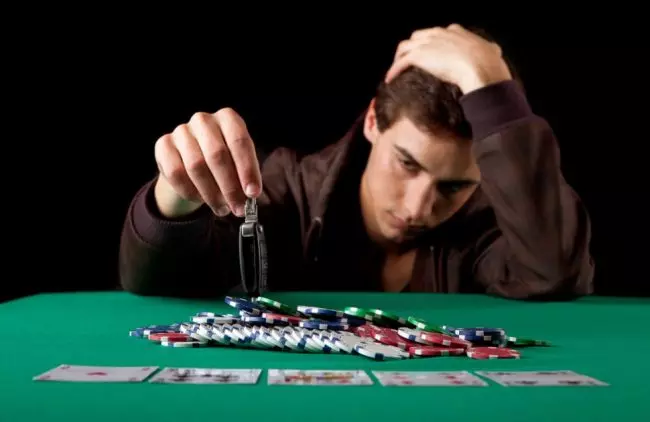 Meanwhile, the government had other plans for the country and they became clear very soon. The people who were supporting the idea of legalization, as well as the lawmakers were promising a wide spectrum of measures which aim to battle problem gambling and money laundering cases. They were also convincing people that a brand new casino industry will prove to be beneficial for the economy and fresh money would be a much-needed boost in the right direction. Prime Minister Shinzo Abe and his government were supporting the idea as a way to introduce a rise in the tourism revenue levels. As it was then estimated, the gaming industry in Japan had the potential to generate more than $30 billion per year, which was a sum of money the government would not want to miss.
Meanwhile, the government had other plans for the country and they became clear very soon. The people who were supporting the idea of legalization, as well as the lawmakers were promising a wide spectrum of measures which aim to battle problem gambling and money laundering cases. They were also convincing people that a brand new casino industry will prove to be beneficial for the economy and fresh money would be a much-needed boost in the right direction. Prime Minister Shinzo Abe and his government were supporting the idea as a way to introduce a rise in the tourism revenue levels. As it was then estimated, the gaming industry in Japan had the potential to generate more than $30 billion per year, which was a sum of money the government would not want to miss.
The initial bill for legalizing gambling in Japan was first submitted to the parliament in 2013, but back then it was quickly abandoned after a short discussion. The plan was to follow the already established industry model of Singapore which has proven its efficiency throughout the years. In its essence, it consists of combining the casino venues with other attractive offerings, such as premium hotels, high-end shopping centers and restaurants and entertainment facilities. This type of projects is better-known as integrated resorts which provide a wide-range of entertainment to their customers and provide them with everything needed. By offering competitive locations to the international tourists, as well as the local residents, Japan was aiming to draw the usual customers which tend to visit gambling hubs such as Macau, Jeju and other trending locations in the region.
Passing the Law
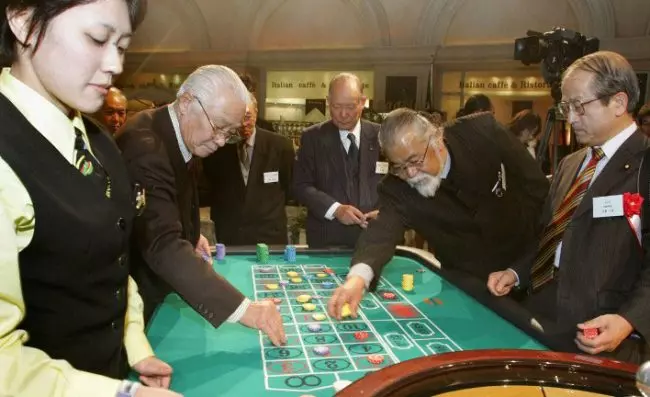 On the 30th November the issue was opened again and this time the government of Japan passed the bill for the legalization. The month of December saw the passing of the law which meant that all casino and integrated resort constructions would be permitted by the government. The bill was passed in both houses of the parliament, but the process did not go without some hesitation by the opposition. They were trying to delay the process for hours. At the end, the lifting of the ban put the official end of the long political wrangling and opened the door to the new and exciting opportunities for the gambling sector.
On the 30th November the issue was opened again and this time the government of Japan passed the bill for the legalization. The month of December saw the passing of the law which meant that all casino and integrated resort constructions would be permitted by the government. The bill was passed in both houses of the parliament, but the process did not go without some hesitation by the opposition. They were trying to delay the process for hours. At the end, the lifting of the ban put the official end of the long political wrangling and opened the door to the new and exciting opportunities for the gambling sector.
When it comes to the regulation of integrated resorts and casino venues, however, there is still to be issued a separate implementation bill before any of them could be built. This meant that the earliest date when a casino venue is most likely to welcome its first customers in Japan is going to be in 2022-2023. Many leading casino operators have made their way and the negotiation process of future business with the regulators has already begun. Among them are international titans such as Wynn Resorts Ltd, MGM Resorts International, and Las Vegas Sands Corp.
What the Future Holds
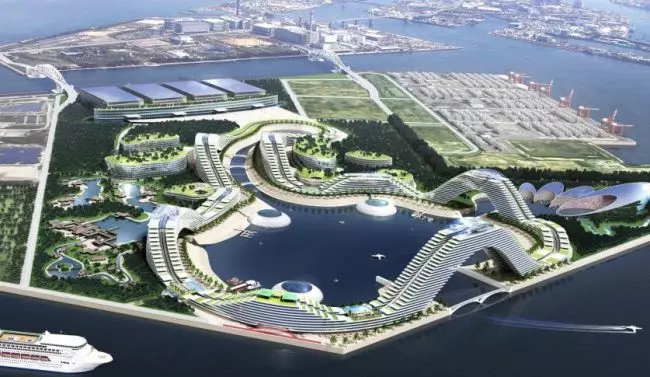 While most of the operators have already opened their offices in the capital, as a statement that they are serious in their intention to explore the market, the government is yet to issue its final word. The most talked-about candidate for the site of the first integrated resort is the artificial island Yumeshima, which is located in Osaka Bay. There are also two other propositions to the likings of Rinku Town in Izumisano, Osaka Prefecture, and Wakayama Marina City in Wakayama Prefecture.
While most of the operators have already opened their offices in the capital, as a statement that they are serious in their intention to explore the market, the government is yet to issue its final word. The most talked-about candidate for the site of the first integrated resort is the artificial island Yumeshima, which is located in Osaka Bay. There are also two other propositions to the likings of Rinku Town in Izumisano, Osaka Prefecture, and Wakayama Marina City in Wakayama Prefecture.
They are expected to provide the necessary level of entertainment opportunities and be appealing to the tourists, thanks to their hundreds of already existing shopping centers, offices and logistics centers, as well as their proximity to the airport, which is always a plus. At the very beginning stages of development, the government is expected to approve only two or three integrated resorts in the country.